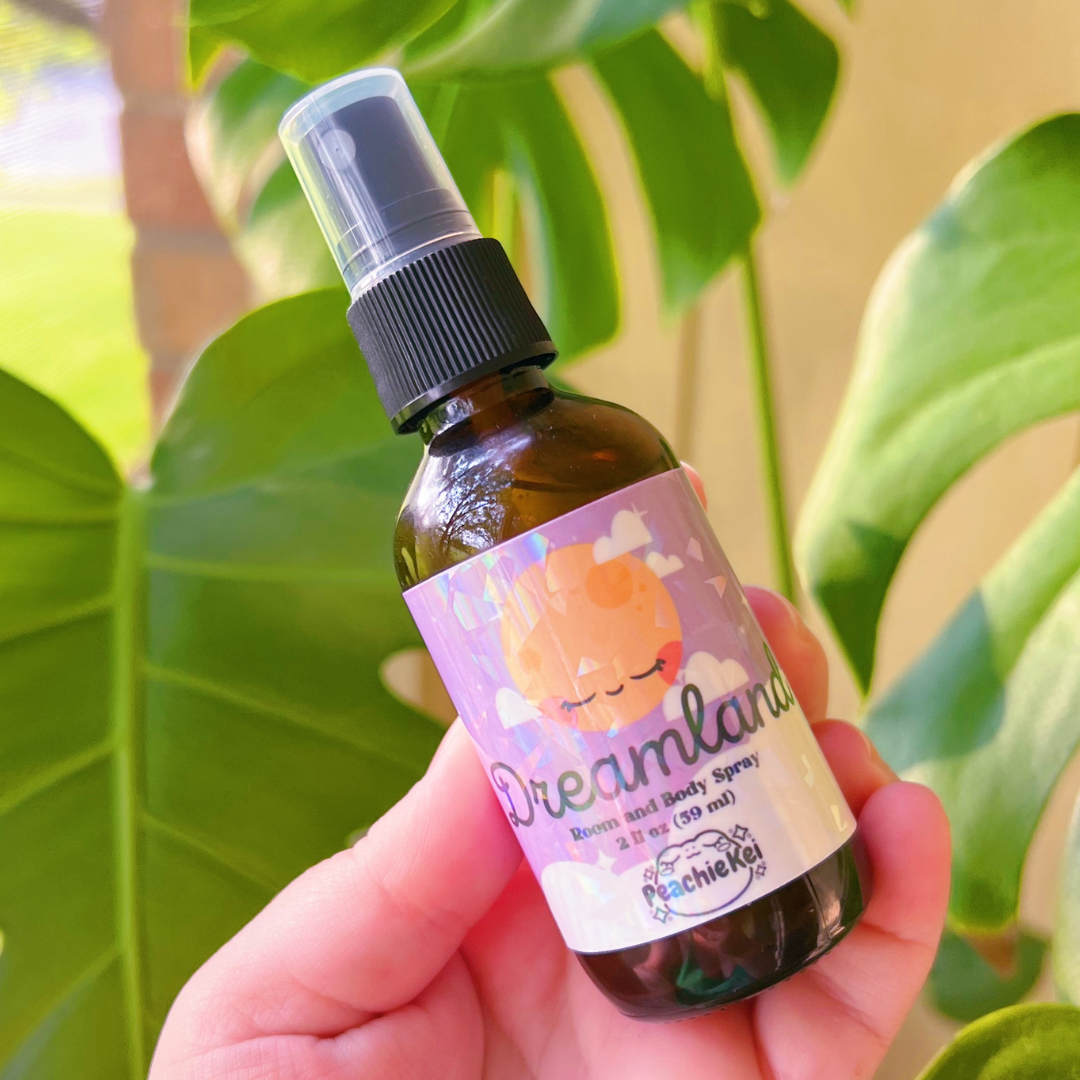In the sensory-rich environment of our homes, fragrance plays an idyllic role. Body sprays, often formulated with fragrant oils, have infiltrated our routines, serving not only as personal scent enhancers but also as delightful room fresheners. However, a burgeoning debate arises: is it bad to spray body spray in your room? The answer is neither wholly detrimental nor entirely beneficial; instead, it resides in a nuanced balance that warrants exploration.
To understand the implications of using body spray in enclosed spaces, we must unpack the ingredients inherent in these popular products. Most body sprays consist of a blend of water, alcohol, essential oils, and fragrance compounds. While these elements cater to a fragrant ambiance, the alcohol and synthetic fragrance components can introduce volatility into the air. An array of questions emerges: How do these chemicals interact with our indoor environments? What ramifications do they have for our health and well-being?
First and foremost, it is critical to evaluate the ventilation of a space. A well-ventilated room allows for the dispersal of airborne particles, mitigating the concentration of chemical compounds present in body sprays. Conversely, in a compact, poorly ventilated area, inhaling concentrated fragrances may lead to irritation or allergic reactions, especially for sensitive individuals. For instance, people with asthma or respiratory conditions may experience exacerbated symptoms due to harsh synthetic fragrances. Therefore, understanding your space’s airflow is imperative before engaging in the aromatic indulgence of body sprays.
Moreover, the narrative of body sprays transcends mere enjoyment—some fragrances may indeed invoke a plethora of psychological connotations. Scents possess the uncanny ability to elicit memories, evoke emotions, and even enhance mood. A room fragrant with the aroma of lavender or sandalwood may promote relaxation, while citrus notes can invigorate and uplift one’s spirit. Therefore, deploying body spray in your room might not just enhance sensory pleasure but also influence cognitive and emotional states, contributing to a holistic atmosphere of well-being.
Still, there exists a compelling counterargument regarding sustainability and environmental impact. Many body sprays are packaged in aerosol containers, contributing to waste that is less than eco-friendly. Furthermore, the production of synthetic fragrances often involves processes that can lead to environmental degradation. For an eco-conscious individual, this casts a shadow on the otherwise aromatic bliss that body spray can offer. The pursuit of a greener lifestyle necessitates the incorporation of environmentally friendly alternatives such as natural essential oil diffusers, which provide delightful scents untainted by synthetic substances.
Additionally, one must consider the social dynamics interwoven with scent. A heavily perfumed room may not resonate well with others. In shared living spaces, what might be an appealing fragrance to one person may be overwhelming or off-putting to another. The concept of personal space extends beyond the physical realm and into the olfactory experience. Nuance is key here; a light spritz, strategically applied, can enhance the room without infringing on the sensory experiences of roommates or guests.
Just as scents can evoke emotions and memories, their application must be approached ethically. The art of fragrance—in both personal and spatial contexts—calls for a mindful approach. Ideally, body sprays should be used to complement the space rather than dominate it. Selecting scents that harmonize with the surrounding environment fosters a sense of cohesion. A floral body spray may mingle pleasantly with a room already imbued with fresh florals, while a woodsy scent might pivot a space towards a rustic, cozy atmosphere.
For those who favor body spray, moderation is essential. A delicate balance can be achieved through nuanced application. Instead of continuously spraying an entire room, consider targeting specific areas or fabrics—such as curtains or pillows—allowing for a softer, more diffusely pleasant experience. This approach not only conserves the product but also tempers the olfactory explosion, creating an ambiance that entices rather than overwhelms.
Furthermore, an exploration into alternative methods of scenting a room unveils an array of holistic practices. Utilizing natural elements, such as simmering spices or combining herbs, offers an organic way to infuse the environment with fragrance. Candlelight, essential oil diffusers, or incense can serve as lesser-known yet equally delightful substitutes to synthetic body sprays, providing kinship with nature and diminishing chemical exposure.
Ultimately, whether using body spray in your room is ‘bad’ or ‘good’ is not a straightforward dichotomy. Instead, it hinges on an array of factors including context, individual health conditions, preferences, and environmental considerations. By cultivating an expansive understanding of how fragrances impact our environments and our sense of well-being, we can make informed choices regarding their usage.
In summary, while the allure of body spray in home settings is undeniable, it requires thoughtful consideration and mindfulness. Engaging with scents can transform not only our physical spaces but also the psychological landscapes we navigate daily. So, spray wisely, breathe deeply, and create a fragrance-filled life that resonates with both you and the spaces you inhabit.

